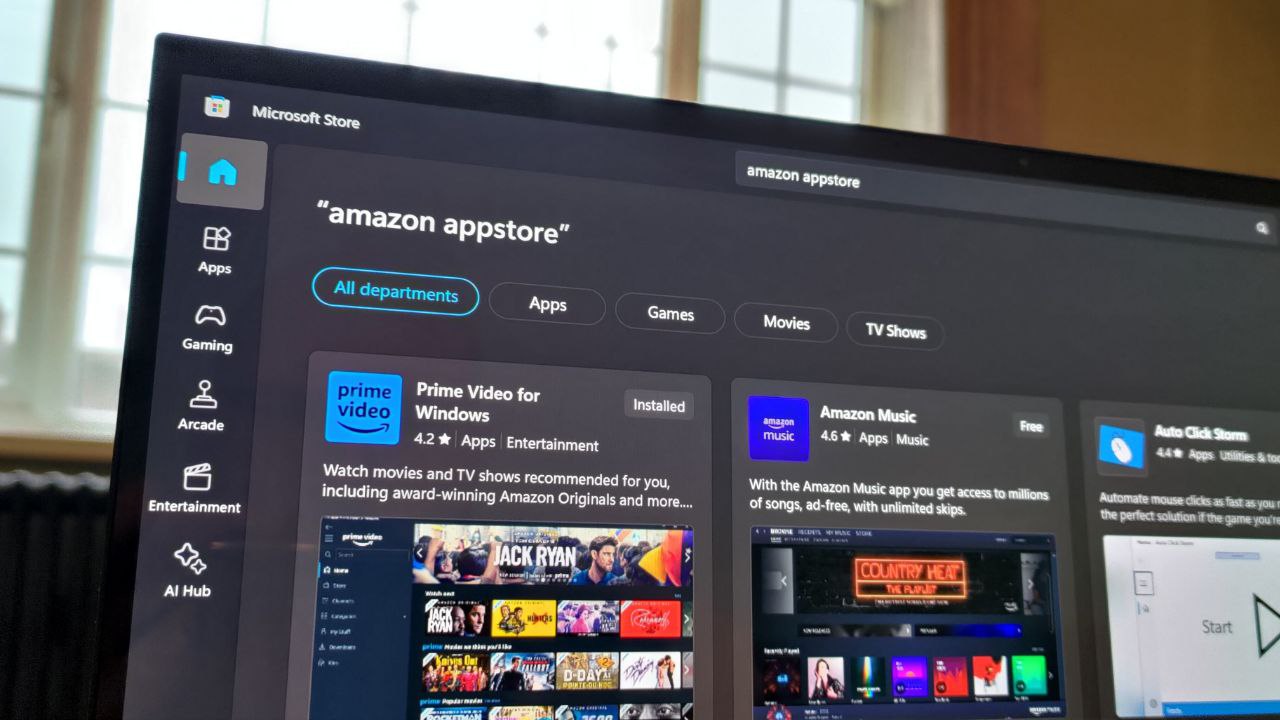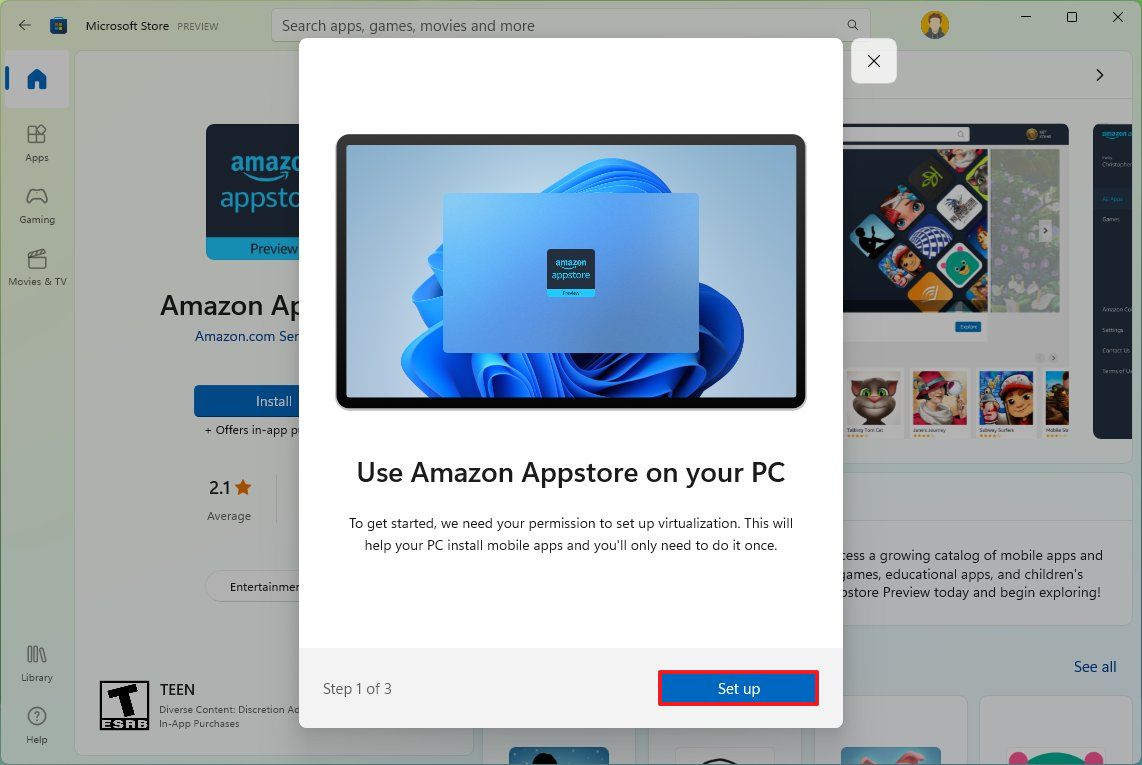Here's why Windows Subsystem for Android got killed off, according to a 29-year Microsoft veteran
Unsurprisingly, WSA struggling to make money stopped Android apps on Windows from being viable.

All the latest news, reviews, and guides for Windows and Xbox diehards.
You are now subscribed
Your newsletter sign-up was successful
What you need to know
- Microsoft announced the deprecation of Windows Subsystem for Android (WSA) recently.
- Support for WSA will end on March 5, 2025, but Amazon has already stopped downloads of the Amazon Appstore from the Microsoft Store.
- Andrew Clinick, who worked for Microsoft for almost 30 years, shared insight as to why WSA was shut down.
Microsoft announced that Windows Subsystem for Android (WSA) will no longer be supported after March 2025. The abrupt announcement marks the end of one of the easiest ways to run Android apps on Windows. But while WSA made it easy to install Android apps onto a PC, it had limitations, such as its lack of Google Play services support. Andrew Clinick, who worked for Microsoft for over 29 years, recently shared insight as to why WSA failed.
In almost three decades at Microsoft, Clinic spent over two years as Partner Group Program Manager of WSA. He "led the product team delivering the ability to run Android applications on Windows," as explained in his LinkedIn profile.
"This involved product definition internally but also with Amazon Store to deliver a store experience that integrated seamlessly with Windows and for the android applications to feel like native Windows applications. Grew the user base by >1000% in the first 3 months and helped Amazon bring 10's of thousands of android apps to Windows users," outlined Clinick.
More recently, he worked at Microsoft as Partner Group Program Manager of Windows AI Plugins and Partner Group Program Manager focusing on the developer program for Windows.
Honestly when Google walked away the nails were in the coffinMarch 5, 2024
Clinick shared across several X (formerly Twitter) posts that WSA struggled to make money and that the lack of Google Play services support hurt the platform.
Clinick went as far to say that Google walking away was the nail in the coffin for WSA.
Microsoft and developers

The reason for Microsoft ending support for WSA shouldn't come as a surprise. "Store revenue pays the bills and salaries of the wsa team," explained Clinick. "WSL acrues to azure and vs so has a profit center. WSA without a store is awesome but doesn't help windows financially," said Clinick.
All the latest news, reviews, and guides for Windows and Xbox diehards.
He echoed a sentiment that myself and others have said, that WSA is impressive but not viable financially. Given his work experience, I suspect Clinick understands that fact better than anyone.
When one X user asked why Microsoft partnered with Amazon rather than have Android apps directly in the Microsoft Store, Clinick pointed to the difficulty of getting apps into a store. "Turns out standing up a store and attracting apps is mighty difficult," said Clinick.
READ MORE: Amazon Appstore already removed from Microsoft Store
He also highlighted how much the lack of Google Play services affected Android apps on Windows. "Then you factor in that Google play services isn't there. Difficult to find an app with a large audience that doesn't use Google play services," Clinick said.
In a separate post, the former Microsoft employee discussed Google Play services again, stating, "No Google play services. Can't work around that really in a way that isn't hackastic."
This is a familiar story to those who have followed Microsoft and Windows news over the years. Microsoft has released several platforms and devices over the years only to have a lack of developer support and monetization block long-term viability.

Sean Endicott is a news writer and apps editor for Windows Central with 11+ years of experience. A Nottingham Trent journalism graduate, Sean has covered the industry’s arc from the Lumia era to the launch of Windows 11 and generative AI. Having started at Thrifter, he uses his expertise in price tracking to help readers find genuine hardware value.
Beyond tech news, Sean is a UK sports media pioneer. In 2017, he became one of the first to stream via smartphone and is an expert in AP Capture systems. A tech-forward coach, he was named 2024 BAFA Youth Coach of the Year. He is focused on using technology—from AI to Clipchamp—to gain a practical edge.
